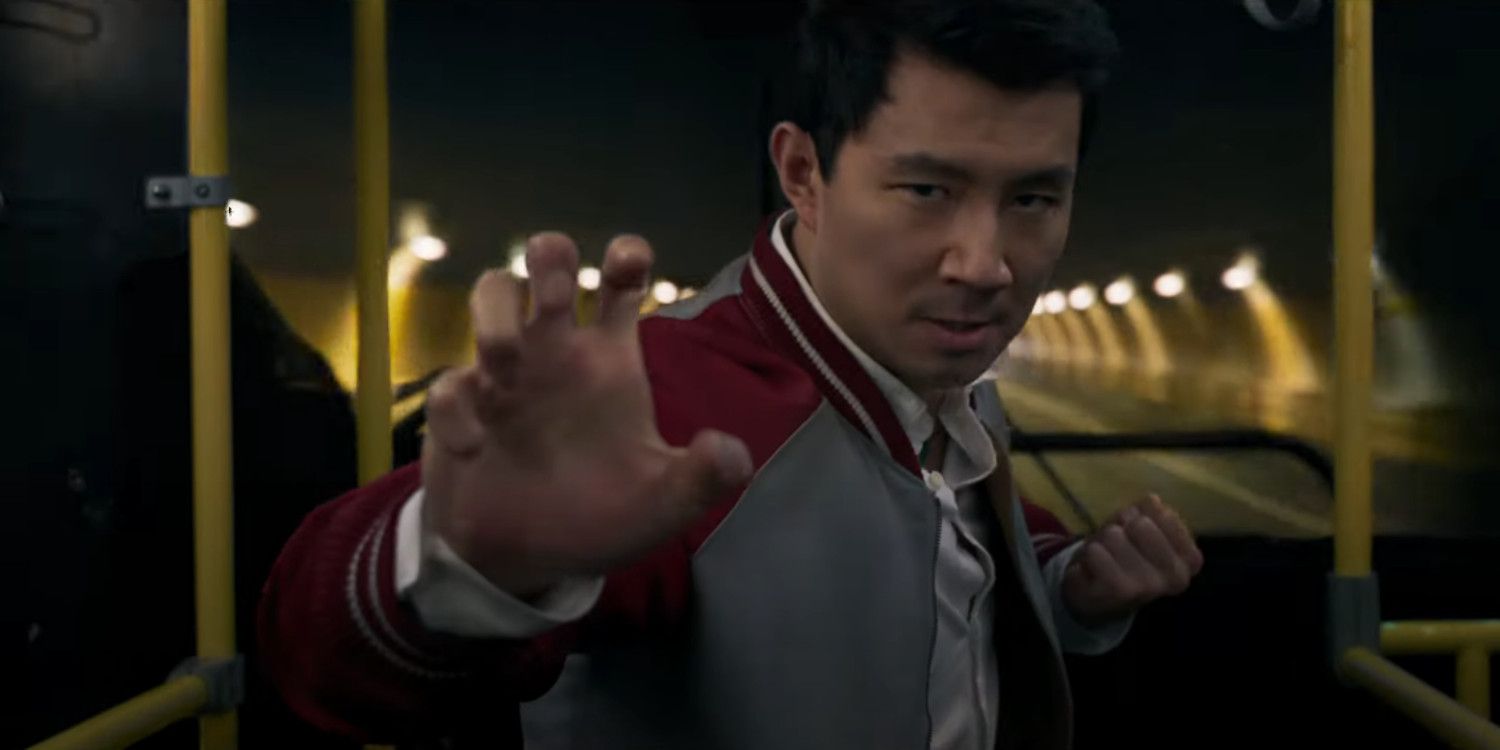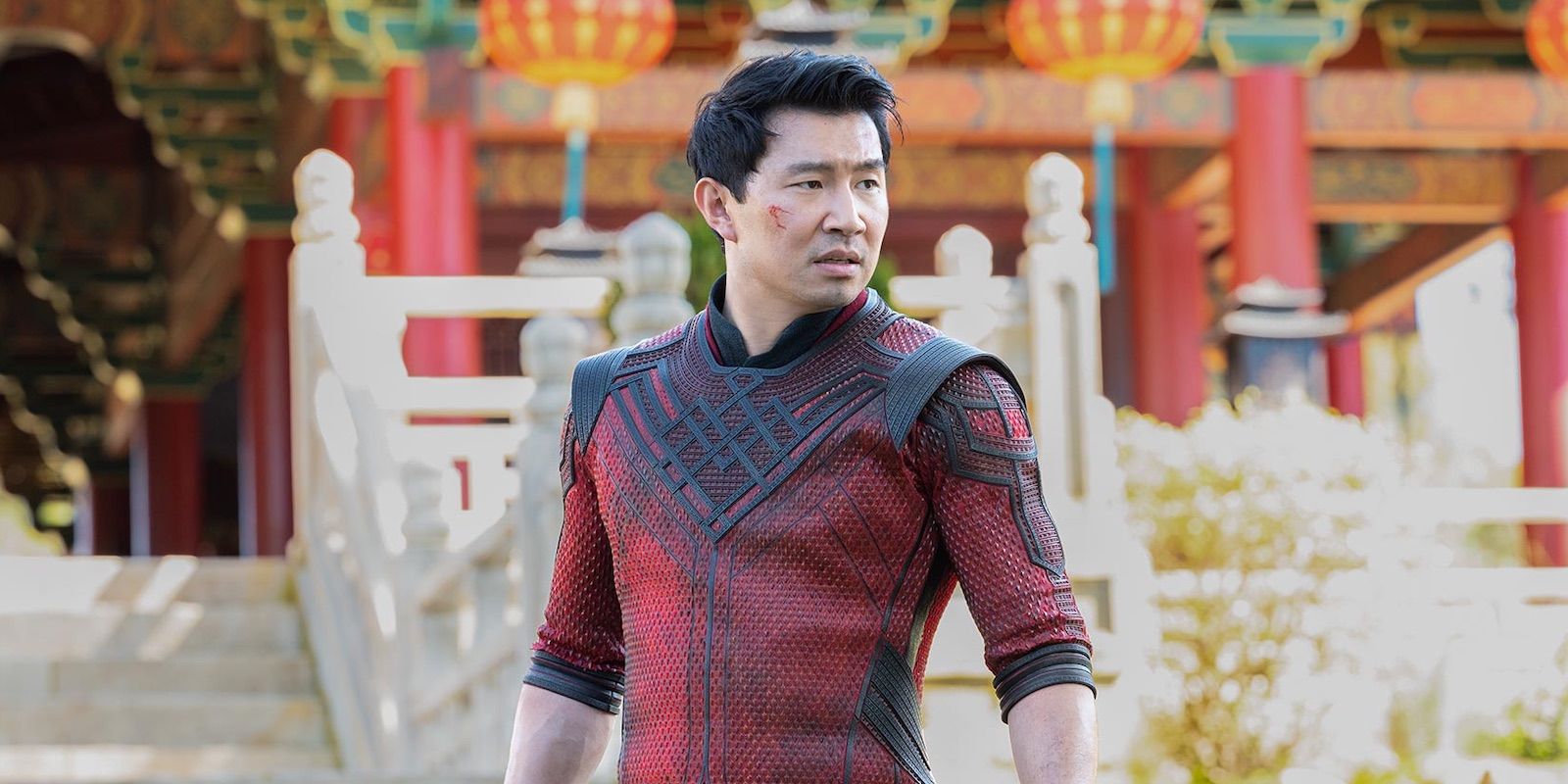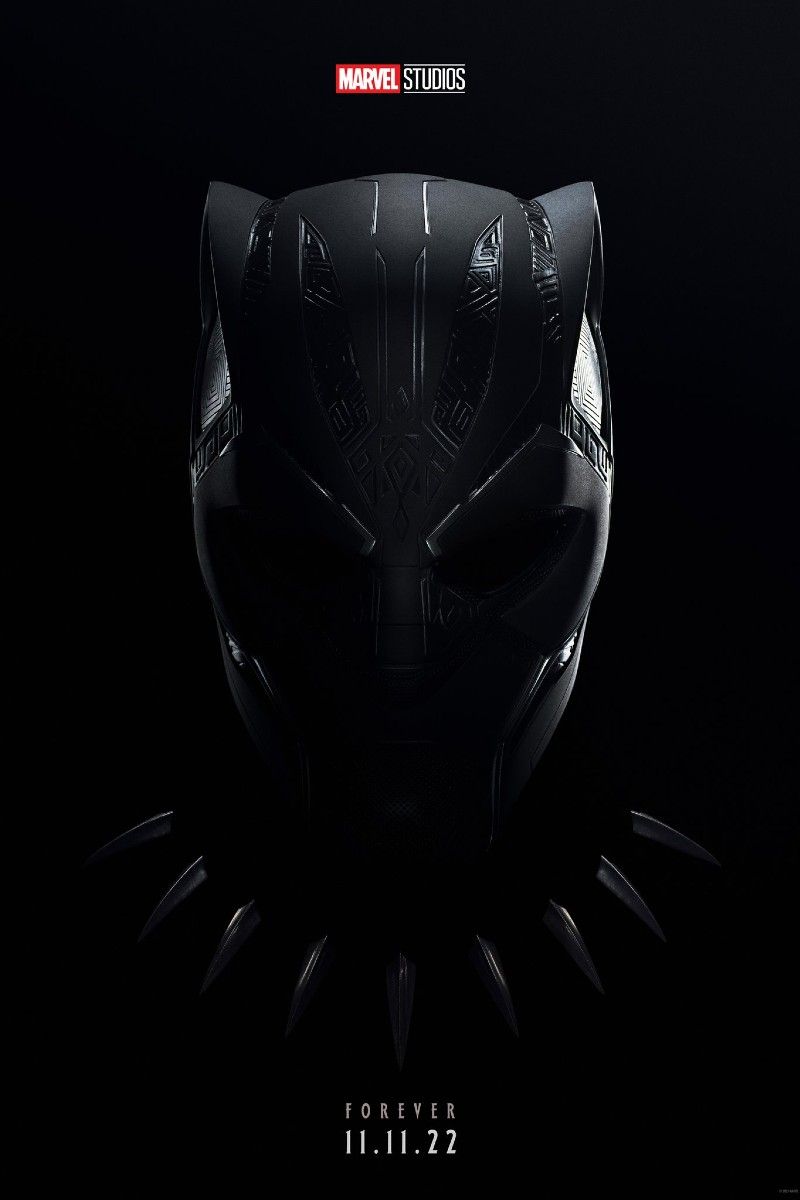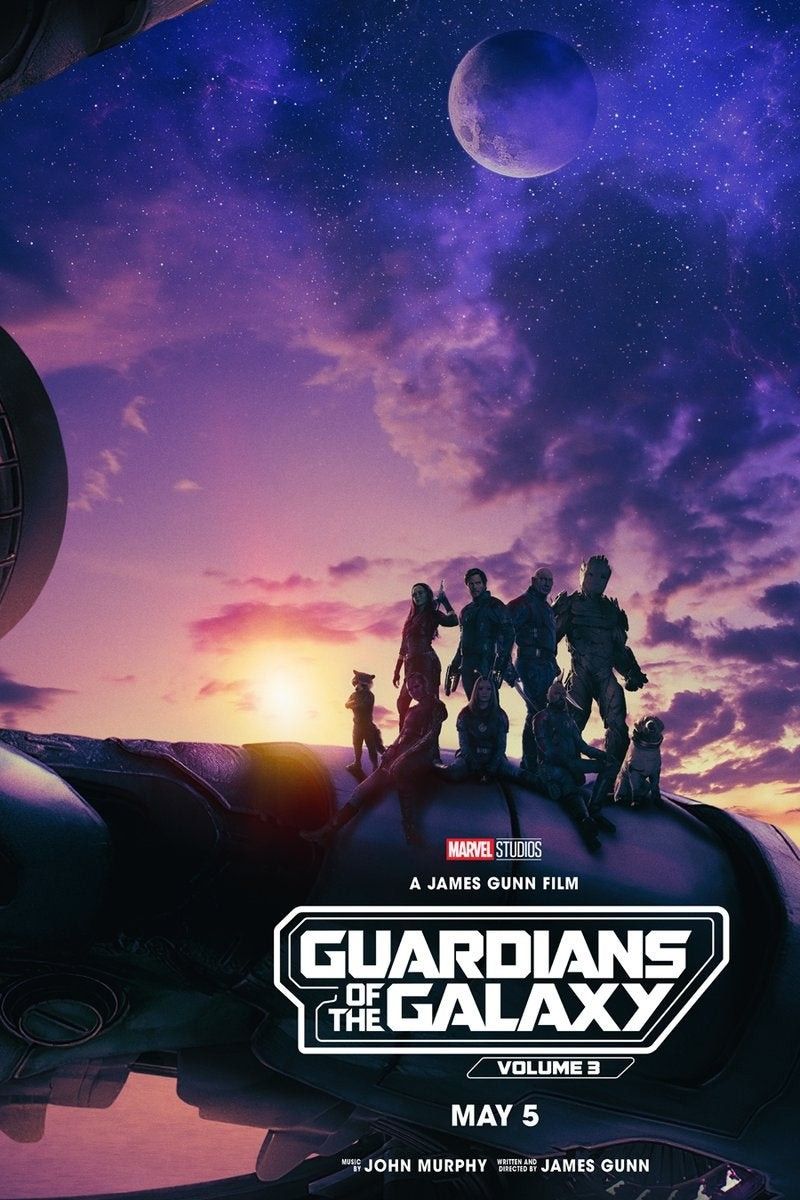Actor Simu Liu describes Marvel’s Shang-Chi and the Legend of the Ten Rings as a film about identity. The upcoming superhero movie follows the protagonist Shang-Chi, an expert martial artist trained since childhood to become an assassin. His father, Wenwu, spends years instructing his son as a member of the Ten Rings organization. As an adult, Shang-Chi fakes his own death in order to escape the faction and attempts to make a new life for himself in San Francisco. Characters played by Awkwafina, Tony Leung, Michelle Yeoh, Fala Chen, Meng’er Zhang, Florian Munteanu, and Ronny Chieng round out the cast.
When Marvel first announced the film, critics shared their fears about the adaptation due to the racist origins of the comics. Created in the 1970s, the initial slate of comics largely perpetuated stereotypical caricatures of Asian culture, featuring a superhero who spoke in broken English and whose “power” was the art of Kung Fu. These reservations remained particularly pertinent in light of Marvel’s previous missteps when it came to inclusive representation of the Asian community. In 2013, Iron Man 3 whitewashed the film’s villain, the Mandarin, by casting Ben Kingsley in the role. In 2016, Doctor Strange received backlash for picking Tilda Swinton to play the Ancient One, a character who formerly hailed from a magical land in the Himalayas. However, Shang-Chi has been introduced as a purposeful reinvention and subversion of its offensive predecessor, as well as an attempt to mend the flaws of the MCU’s past.
While speaking to Men’s Health, Liu referred back to director Destin Daniel Cretton, who specifically focused on creating a rich and thoughtful story centered on identity. Liu articulated the deeper meaning behind his role as Shang-Chi and its ties to the Asian American experience:
“Kung fu for kung fu’s sake, as an aesthetic or a prop, that’s where it starts to get tropey and dangerous…[But] there’s a reason why when Hong Kong action was introduced to Western audiences, people went bananas for it. Kung fu is, objectively, really cool.”
In the interview, Liu described his own struggles growing up in Canada and feeling like an outsider. He spent much of his childhood consuming media that spotlighted characters with blond hair and blue eyes, including Marvel characters, and found himself wishing he could look like them. Liu explained, “I am that person that’s always felt like he wasn’t enough. And those [experiences] are more core to Shang-Chi’s character than his ability to punch people.” As he grew older, he pushed for more nuanced Asian representation in Hollywood.
Along with Liu, many other Asian American actors have rallied in the entertainment industry for roles that do not reduce them to racist stereotypes or shallow side characters. This watershed call for change has gained momentum in the past few years, especially in response to the disturbing increase in hate crimes against the Asian community in the United States. This has led to larger conversations about the discriminatory rhetoric in pop culture and the ways that it can manifest in dehumanizing acts of racist violence. It is a long-awaited moment for reform and now, more than ever, films like Shang-Chi and the Legend of the Ten Rings can help lean into and expand expectations of what Asian representation can be.
Source: Men's Health










